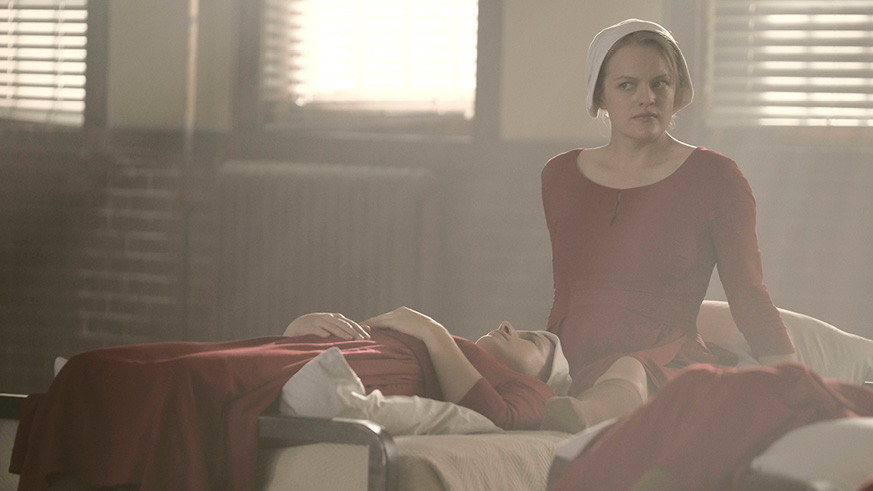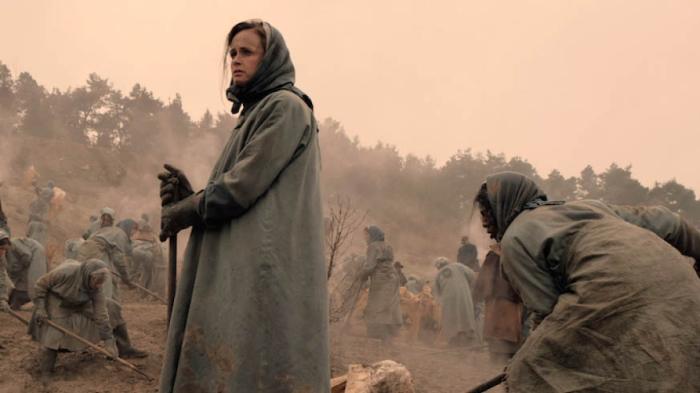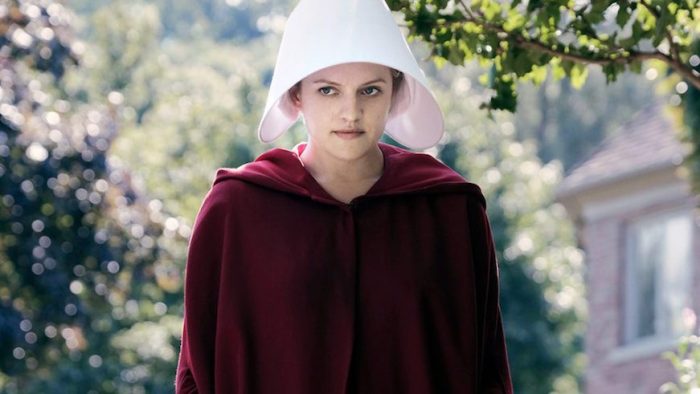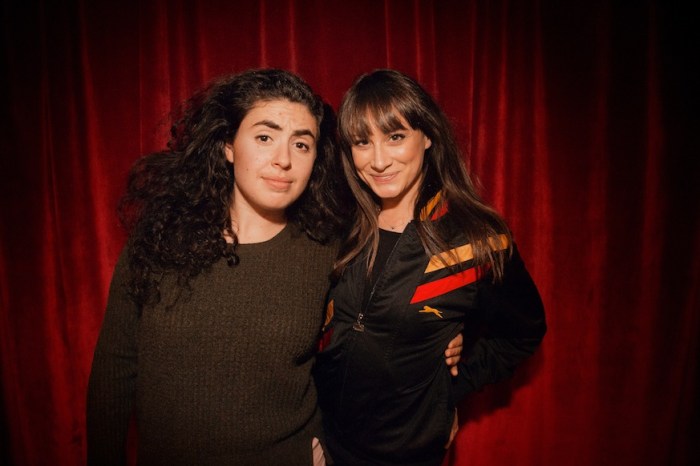“The Handmaid’s Tale” had a very strong start. The pilot of the Hulu series, starring Elisabeth Moss as Offred, immediately immersed its audience into the patriarchal and authoritarian regime of Gilead. We started from Offred’s perspective, with exclusive access to her daily, internal struggle narrated with her own sly, clever commentary. But after this week’s episode — which focused on Luke, Offred-née-June’s husband — it seems that the “The Handmaid’s Tale” is stronger when its story focuses on the women of Gilead.
At the end of last week’s episode, Offred discovered that her husband was still alive. This week, we were taken from the comfort of Offred’s perspective and instead given over to Luke’s.
It makes sense plotwise — Luke’s journey shows what really happened when he was separated from June and their daughter, Hannah. With a gunshot wound, but still alive, he meets a crew of misfits and escapes to New America, a refugee camp in Canada.
Luke, as a character, is fine. Somehow, he manages to pull off Harry Potter-style glasses like nobody before him, except for Harry Potter. But despite O-T Fagbenle’s stirring, approachable performance, his perspective isn’t particularly moving.
There’s no denying that his role in Offred’s story is important. But it’s just that — “The Handmaid’s Tale” is Offred’s story. It’s the story of women grappling with a new reality, and what that reality means. And though Nick and Luke and the pristine letters from The Commander’s Scrabble board contribute to Offred’s story, the series does better when it explores the perspectives of the women who suffer at the hands of Gilead’s laws.
Even Serena Joy’s outlook in the sixth episode was not without its merits. Again, it was about a woman parsing her way through a new way of life — but from the perspective of someone who was complicit in the creation of this society. Someone who participates in the daily violent misogyny of the new world. But somehow, the last few episodes have started to veer away from the casual horror of these women’s lives. Lately, the series seems to be making the point that Gilead is not so great for the men, either.
In its best form, the Hulu series is a mirror for how powerless women can be in the real world. Even when the very concept of fertility and creating life weighs heavily on women’s shoulders, the women of Gilead are still raped, abused and otherwise treated poorly. So why should the audience care about the men, when they have been utterly complicit in the enslavement of women?
This ought to be a show that’s about women and empowerment. A show about overcoming a system that is terrifying in that it’s not that intangible. And while it’s important to explore the world of “The Handmaid’s Tale,” beyond Offred, it sometimes seems as if the show has forgotten about the long-suffering women — the handmaids, the so-called “gender traitors” and Moira, wherever she is. The strength of the series, then, despite Nick or Luke’s good looks, is its profound focus on the perspective of its women.


















